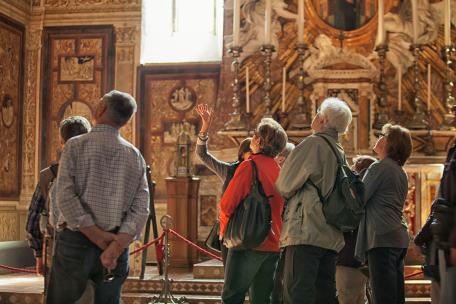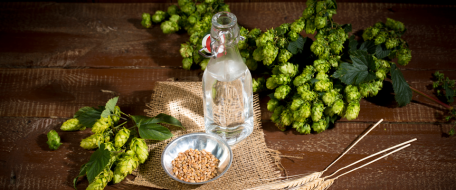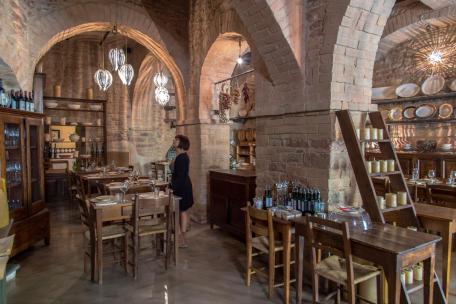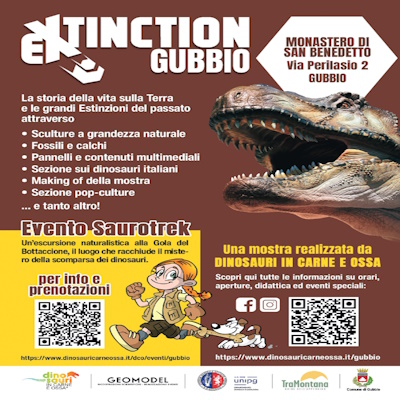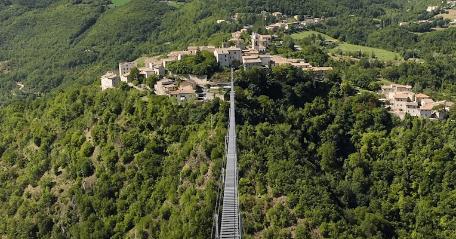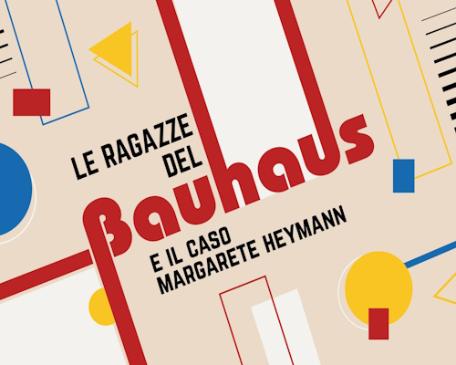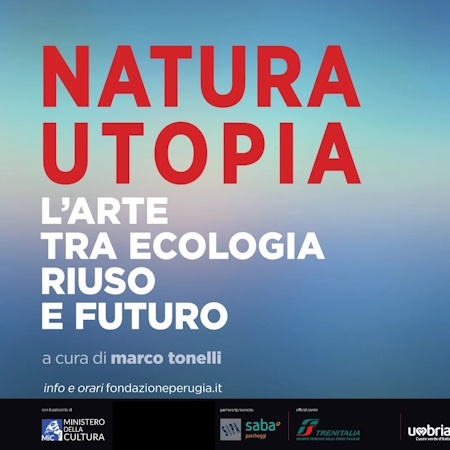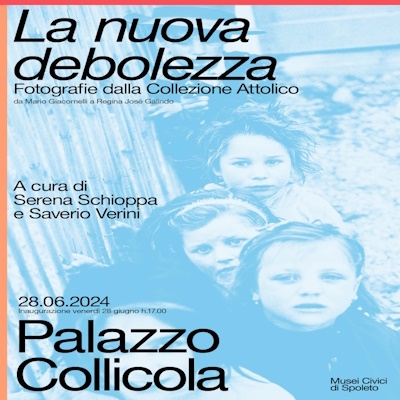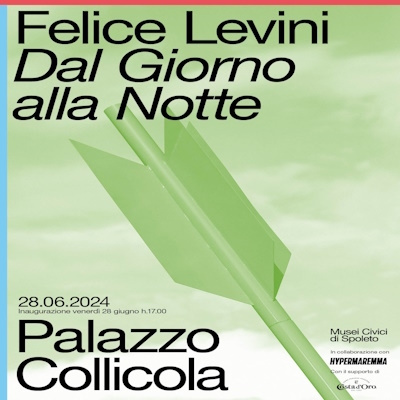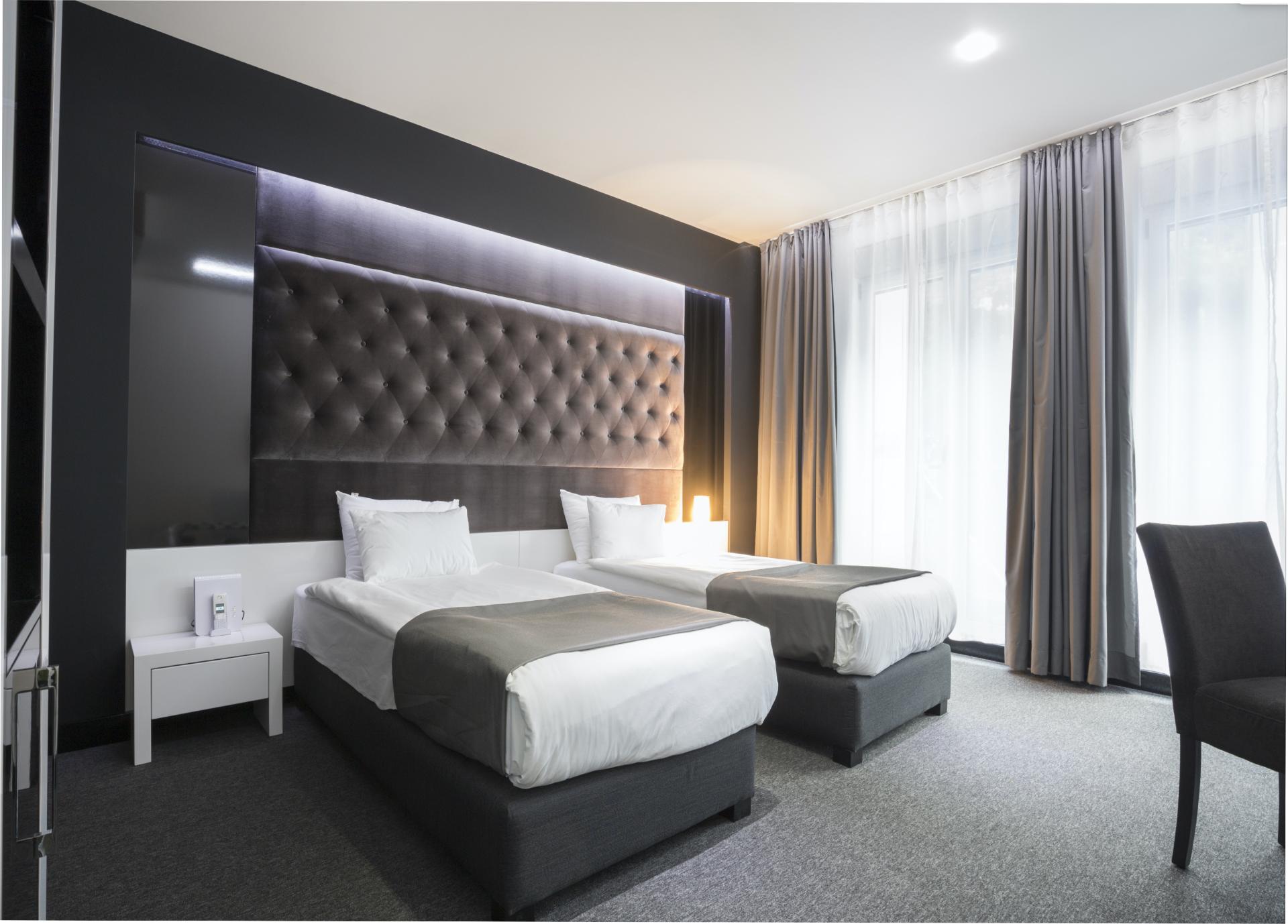HISTORY
Of probable Roman origin, Giano dell'Umbria reached it zenith in the Middle Ages, as can be seen from the urban layout that is still today medieval. It was destroyed by the Longobards and rebuilt in the 10th century. From the 13th century it became part of the Duchy of Spoleto and followed the vicissitudes of that town until the early 19th century. It became an independent municipality in 1930.
ART, CULTURE, ENVIRONMENT
The hamlet has intact medieval walls and also preserves traces of a Roman wall. At the top of the hill is the Palazzo Pubblico, the Municipal offices that contain an archaeological collection of findings from the Roman villa excavated in Toccioli; the church of San Michele from the 13th century; and the church of Santa Maria that has maintained traces of its medieval origins even though modified by redecoration in the 1500 – 1600s. Just outside the walls is the church of San Francesco featuring a typical single nave floor plan, and several Franciscan Mendicant buildings with an important fresco cycle in the chapel of the Crocifisso attributed to Giovanni di Corraduccio, a painter from Foligno. In the vicinity, just a few kilometres from Giano, is the splendid Abbey of San Felice, a masterpiece of Romanesque art set in a scenic position: the church is a typical example of Umbrian Romanesque architecture with Longobard influences that has retained its original 12th century structure, while the cloisters and conventual buildings were built over the years from the latter part of the 14th century and completed the 18th century. The crypt holds the sarcophagus of the martyred saint, San Felice. Also of interest are the Castagnola, Montecchio and Morcicchia castles, the latter having several towers still standing. The territory around Giano dell'Umbria is dotted with striking hamlets that abound in history and art: Camporeggiano, Seggiano, Macciano, Torinetto, S. Stefano, Casa Maggi, Palombaro, Formicaro, and S. Sabino.
The surrounding area is a highly prized agricultural zone and notwithstanding its small dimensions it has three Designation of Origin Areas, two for wine and one for extra virgin olive oil. Mount Martano holds great environment value and is ideal for trekking expeditions as it offers spectacular views over the vast Umbrian plain and the surrounding mountains. Refreshment is available at the San Gaspare refuge on its summit.










